By aminglum on February 11, 2015
Also on point to today’s online harassment discussion, Tablet Magazine is apparently trying to combat offensive comments by imposing a nominal fee to post comments to its articles.
http://www.theverge.com/tldr/2015/2/9/8007483/tablet-magazine-comments
Logistically, I doubt this would work in the context of real-time gaming but it’s an interesting approach that essentially regulates “free” speech by not making it “free”. It also reminded me of how the same speech in different forums can take on very different connotations. A racist comment, while still offensive, flippantly made in online communications during gameplay would be felt far more acutely in the comments section of a Jewish cultural publication. With this in mind, perhaps this type of regulation would be more effective in a gaming context where comments are made more for the sake of being offensive than for expressing a gamer’s genuine racist or misogynistic beliefs?
I’m rather surprised that the Editors of the magazine were willing to implement this “comment tax”. It will be interesting to see if there is a significant freezing effect and if there is any change in the relative proportion of offensive comments compared to non-offensive comments.
Read More | No Comments
By Yue Fei on February 10, 2015
Came across with this piece relevant to our discussion on online harassment today:
http://mybroadband.co.za/news/internet/116590-online-harassment-is-a-serious-problem.html
Based on this article, it seems that government intervention may not be a good solution to this problem. The author states that many states (in the US) already have laws that apply to some forms of online harassment, however enforcement is usually ineffective. Without a clear understanding of the digital world, strong regulations likely will violate people’s privacy and the principle of free speech. Better ways to combat online harassment may not involve the government, ex.:
(1) encouraging people to speak out against harassment (this probably requires stronger protection of online anonymity), &
(2) providing tools to empower users to act for themselves (requires companies that offer the social platforms to create these features).
Read More | No Comments
By liris on February 10, 2015
I came across this article which was cited in one of our assigned readings earlier in the course and found it really interesting.
http://www.juliandibbell.com/articles/a-rape-in-cyberspace/
It’s pretty relevant to what we talked about in class today so I thought I would share it. Basically, the author describes an early version of online trolling/harassment in which a player committed “virtual rape” on a number of characters in a text-based online multiplayer game. It’s a bit hard to describe exactly how this worked in the context of the game so I’d highly recommend reading the article which does a great job of explaining it.
This article really highlights some of the issues we discussed today (and relates strongly to the Second Life reading assigned). It raises and discusses questions surrounding what type of response, if any, is appropriate to take against online harassment/sexual harassment (and whether this action should be taken by players, admins, or both); whether the behaviour of “trolls” or harassers can be modified or changed by community response; how online harassment impacts its victims and its universe/game world (some great quotes from the victims themselves in the article); and the ultimate futility of repercussions such as “banning” in the online environment where perpetrators can simply create a new account and continue their trolling behaviour.
Read More | No Comments
By liris on February 10, 2015
Here is a link to the article mentioned in class today about Keurig’s attempt to “DRM” their new coffee machine and the general public dissatisfaction with this approach.
http://www.theverge.com/2015/2/5/7986327/keurigs-attempt-to-drm-its-coffee-cups-totally-backfired
Something I noticed upon re-reading the article is that they are actually being sued by some competitors for anti-trust violations after releasing this new machine (http://www.usatoday.com/story/news/nation/2014/04/22/lawsuits-claim-k-cup-maker-violates-antitrust-laws/8028197/). That seems like an interesting approach since, as we discussed in class, there doesn’t seem to be any other ‘remedy’ available to prevent this type of behaviour – what is essentially an attempt to expand of patent protection through the use of (D)RM technology.
Alternatively, I wonder if the market will sort this out on its own in the end, since if they frustrate enough consumers and lose enough market share they may realize that this approach isn’t going to work and go back to the old “open” system.
Read More | No Comments
By Alex B on February 10, 2015
Class presentation from last week, including results of our in-class exercise. For those of you who missed it, this was the class we made paper airplanes.
Empirical Exercise in Philosophical Underpinning of IP
Read More | No Comments
By Jon Festinger on February 9, 2015

After last weeks festivities it’s a bit hard to ignore this piece from techdirt: DailyDirt: Paper Airplanes For Fun And Profit | Techdirt.
jon
Read More | No Comments
By Michael Jud on February 9, 2015
For my presentation on Tuesday we are going to be looking at some of the ways in which online harassment impacts digital creativity. In terms of readings I would very highly recommend The Development and Failure of Social Norms in Second Life, published by Phillip Stoup in the Duke Law Journal. For anyone feeling particularly keen I would also suggest taking a quick look at Bragg v. Linden Research, 487 F. Supp. 2d 593. Reading Bragg isn’t totally necessary, but I will be making reference to it and (in my opinion) it’s quite interesting.
Read More | No Comments
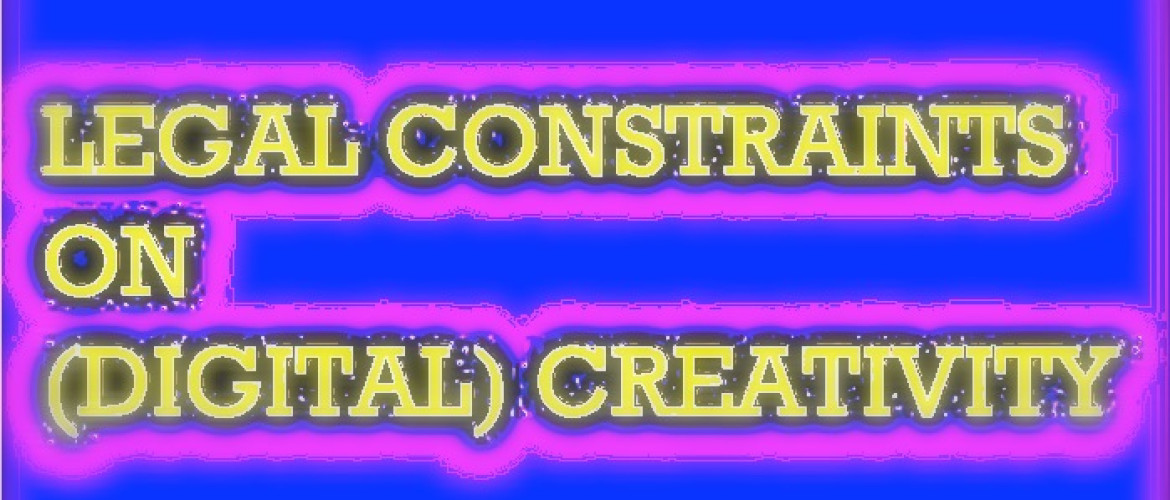
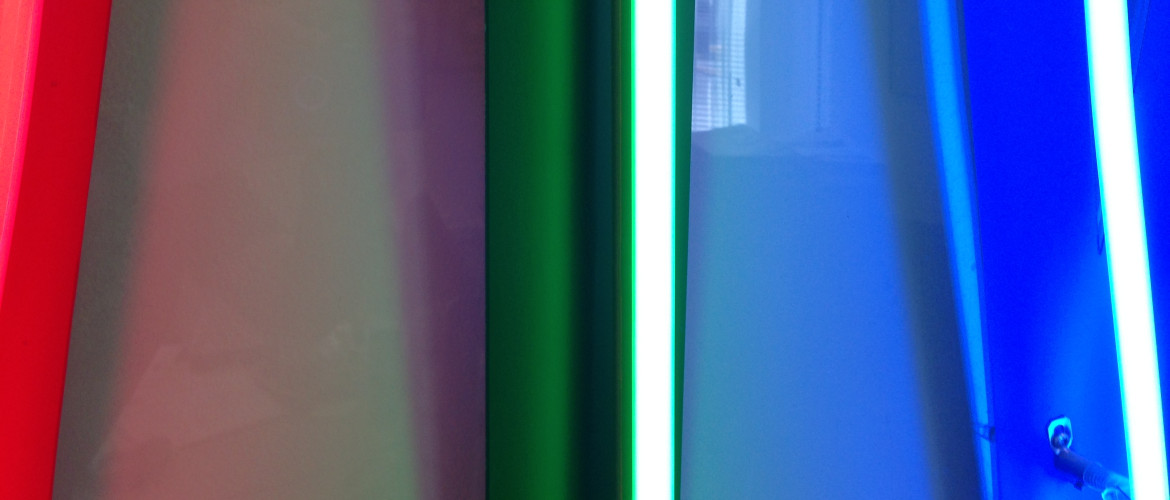

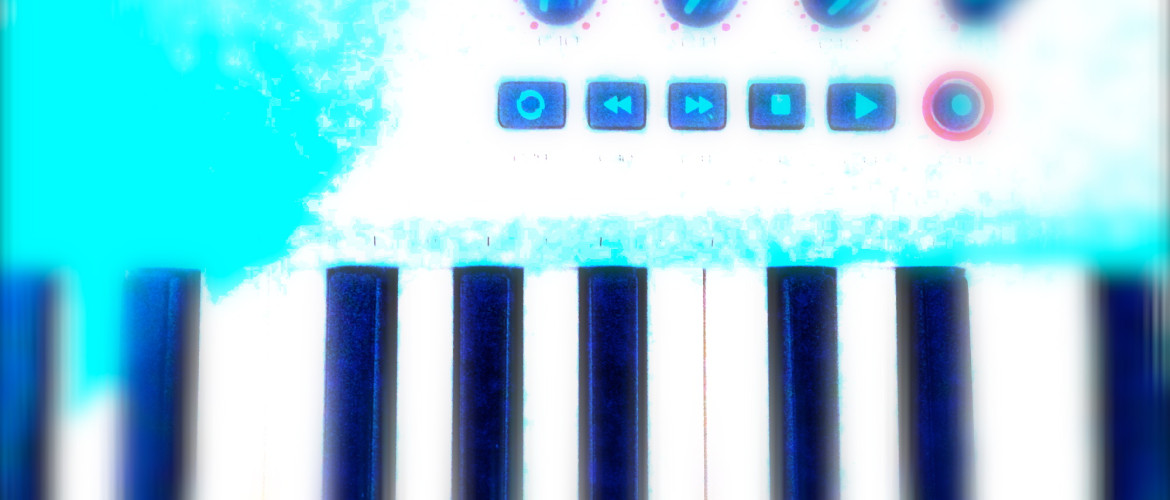


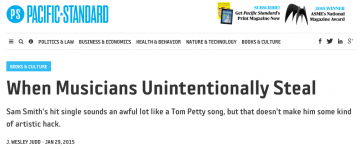

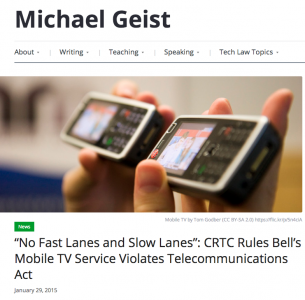
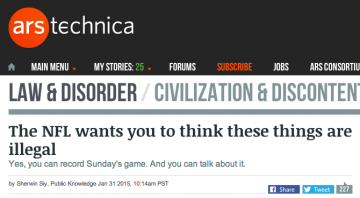

 Check out the UBC Video Game Law Course
Check out the UBC Video Game Law Course